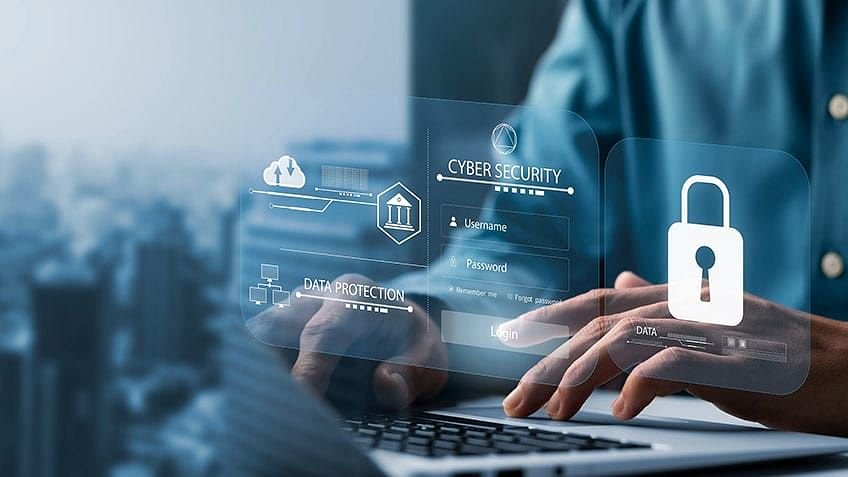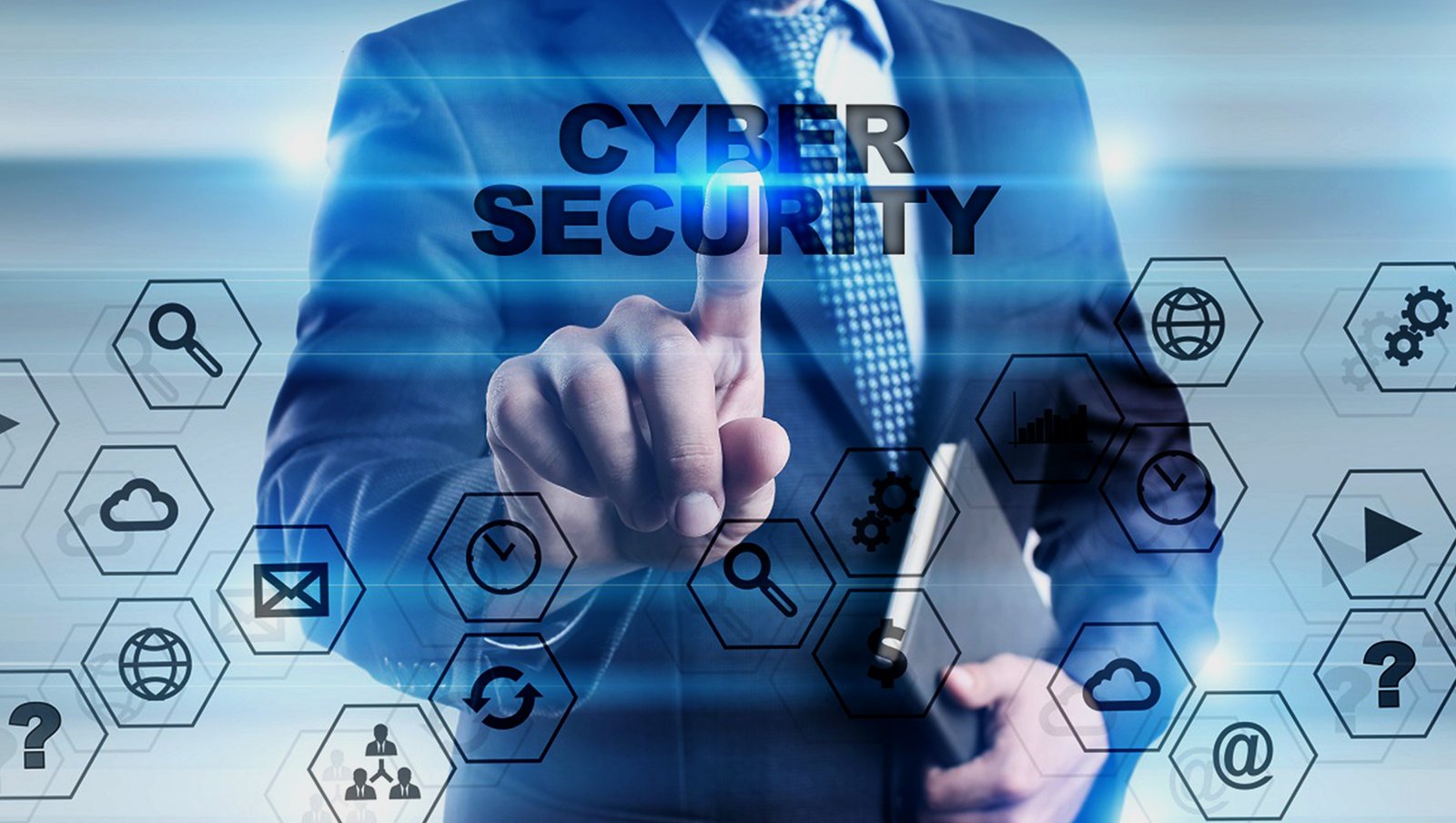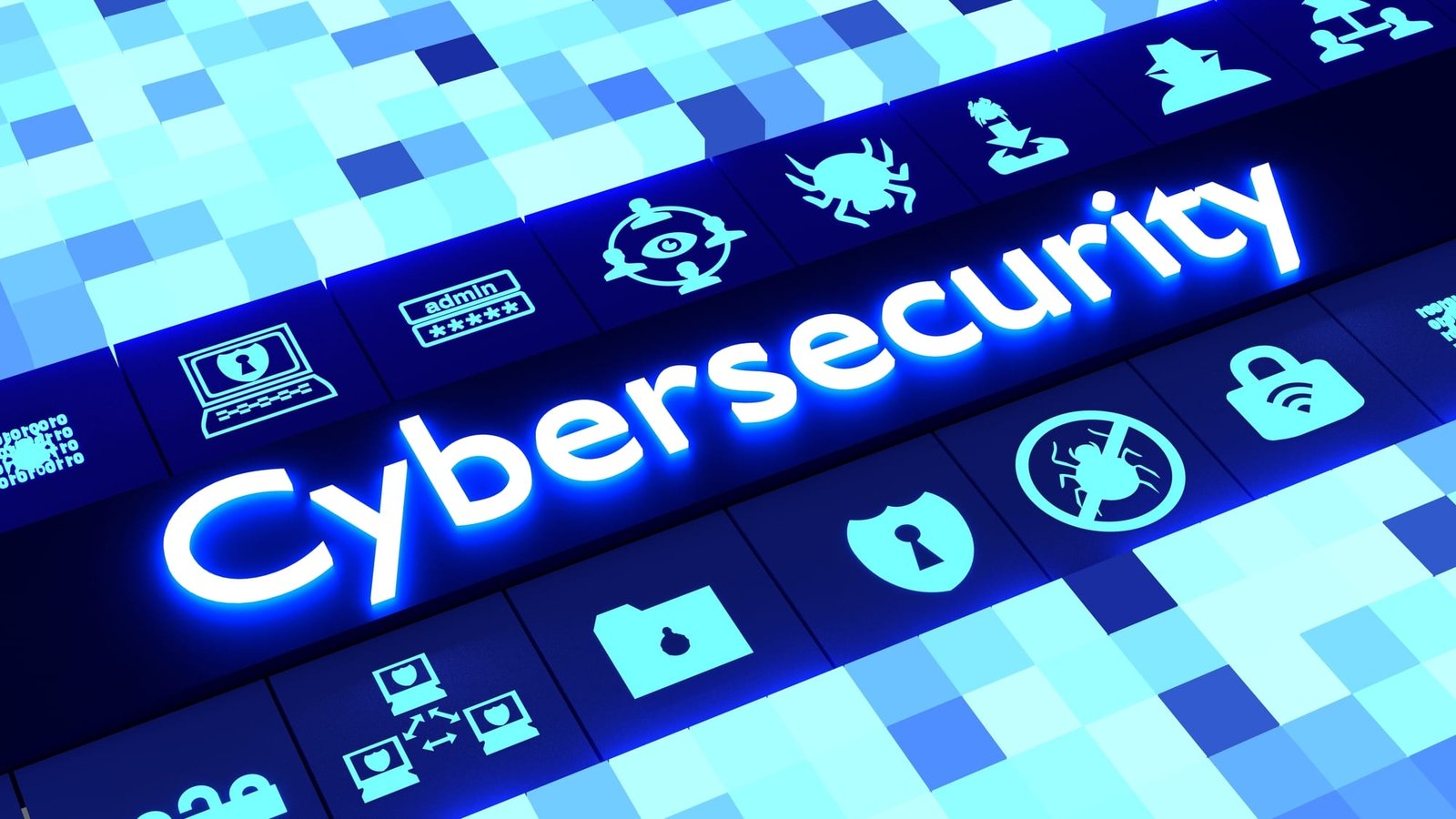Cybersecurity Savvy: Protecting Your African Business In The Digital Age

Executive Summary

In today’s digital landscape, cybersecurity has become paramount for businesses of all sizes, especially in the rapidly growing African market. This article outlines the crucial aspects of cybersecurity, providing actionable insights and best practices to safeguard African businesses from cyber threats.

Introduction
As Africa embraces digital transformation, businesses face unprecedented challenges in securing their online presence. Cybercriminals are constantly evolving their tactics, making it essential for organizations to adopt a proactive approach to cybersecurity. This article serves as a comprehensive guide to empower African businesses with the knowledge and tools to protect their valuable assets.
FAQs
FAQ 1: What are the most common cybersecurity threats facing African businesses?
- Phishing scams: Fraudulent emails or websites designed to trick users into revealing sensitive information.
- Malware: Malicious software that can infect devices, steal data, or disrupt operations.
- Ransomware: Software that encrypts data and demands payment to unlock it.
- Data breaches: Unauthorized access to sensitive data, leading to financial losses and reputational damage.
FAQ 2: Why is cybersecurity important for African businesses?
- Protection of sensitive data: Businesses hold valuable customer and financial information that must be protected from unauthorized access.
- Prevention of financial losses: Cyber-attacks can result in significant financial damage through data theft, business disruption, and ransom payments.
- Maintenance of reputation: A security breach can damage a business’s reputation and erode customer trust.
FAQ 3: What are the key elements of a comprehensive cybersecurity strategy?
- Strong passwords and multi-factor authentication: Enforce complex passwords and additional authentication methods to prevent unauthorized access.
- Regular software updates: Install software updates promptly to patch security vulnerabilities.
- Employee training and awareness: Educate employees on cybersecurity best practices and potential threats.
- Incident response plan: Develop a clear plan for responding to and mitigating cyber-attacks.
Top 5 Subtopics
Network Security
Network security protects the hardware and software components that connect devices within a business network.
- Firewall: Monitors and filters incoming and outgoing network traffic, blocking unauthorized access.
- Intrusion detection system (IDS): Detects and alerts on malicious activity within the network.
- Virtual private network (VPN): Creates a secure encrypted connection between devices and the business network.
Cloud Security
Cloud computing offers flexibility and scalability, but it introduces new security risks.
- Identity and access management (IAM): Controls access to cloud resources based on user roles and permissions.
- Encryption: Protects data stored in the cloud from unauthorized access.
- Regular security assessments: Regularly audit cloud infrastructure to identify and mitigate vulnerabilities.
Data Protection
Sensitive data must be protected from unauthorized access, theft, or damage.
- Data encryption: Encrypts data at rest and in transit to prevent unauthorized access.
- Data backups: Regularly back up critical data to ensure recovery in the event of a data breach or system failure.
- Data minimization: Limit the collection and retention of sensitive data to reduce the risk of exposure.
Mobile Device Security
Mobile devices are increasingly used for business purposes, posing potential security risks.
- Mobile device management (MDM): Centrally manages and secures mobile devices, enforcing security policies and tracking device locations.
- Strong passwords and biometrics: Require strong passwords and biometric authentication for device access.
- Data encryption: Encrypt data stored on mobile devices to protect against unauthorized access.
Social Engineering
Social engineering attacks trick users into revealing sensitive information or taking actions that compromise security.
- Phishing awareness training: Educate employees on the dangers of phishing emails and websites.
- Multi-factor authentication: Require additional authentication methods to prevent unauthorized access even if credentials are compromised.
- Regular security audits: Conduct audits to assess vulnerabilities in social engineering defenses.
Conclusion
Cybersecurity is not a one-time effort; it requires ongoing vigilance and continuous improvement. By adopting the best practices outlined in this article, African businesses can significantly reduce the risk of cyber-attacks and protect their valuable assets. Remember, cybersecurity is essential for thriving in the digital age, ensuring the security of sensitive data, preventing financial losses, and maintaining a strong reputation.
Keyword Tags
- Cybersecurity for African Businesses
- Network Security
- Cloud Security
- Data Protection
- Social Engineering






